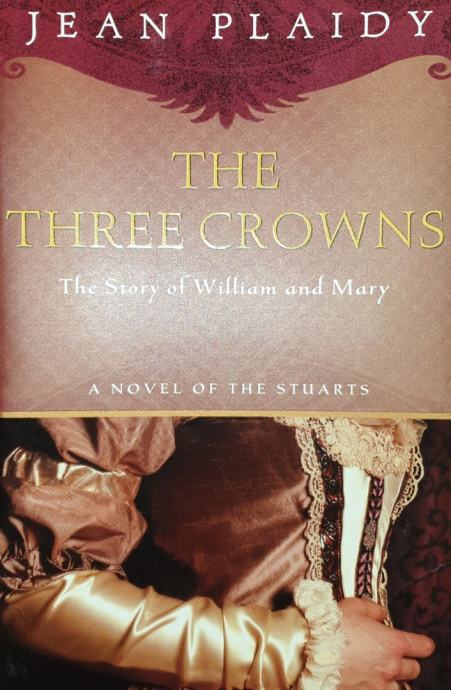
I can see no reason why the events in William’s life couldn’t have been slotted in alongside events happening at the English court. Events that have happened are also alluded to.

Apart from the passive textbook-style writing, it’s also annoying when a certain character who’s died earlier in the story is alive again. The author starts from William’s birth and speeds through 27 years until she’s back to where she broke off from. William could not be blamed for taking part in it but John de Witte, seeing the direction in which public opinion was turning, decided it was wise to admit him to the Council of State.” “When William was sixteen a plot was made to restore him to the Stadtholderate. In this case, most of what’s presented reads like a textbook. It wouldn’t be so bad if the events following the sudden leap back were dramatic and exciting. A few months to a year is fair enough, but 27 years? Other readers may well disagree with me, but I feel like this disrupts the narrative flow to a large extent. I’m not a fan of historical fiction that doesn’t keep to a linear path. Yet, when we reach a time when Mary is fifteen and betrothed to William of Orange, the next chapter jumps back 27 years to William’s birth. After following events set during the times of Charles II’s reign, with the main characters being Charles, his brother James, and James’s daughters Mary and Anne. Every “had” in the above quote could’ve been cut or replaced.Ī similar thing happens around one-third of the way into the story. It’s also a filler word, as the narrative is in the past tense. That’s the problem with using the past perfect “had” – it reports on the scene as opposed to taking the reader into the action as it unfolds. The above *reports* on what happens, rather than *dramatizing* the events. So distressed had she been that her attendants had feared for her life and in her despair she had begged the Bishop of Winchester to come to her, and before him and the Duchess of Ormonde she had taken a solemn vow swearing that Berkeley had never been her lover and that the father of her child was James, Duke of York.”

“How she had hated the lying Berkeley! He had desired her and because she had refused his attentions, this was his revenge. The overuse of “had” (past perfect) in the opening chapter makes it a passive start: It uses backstory early on, which would’ve been better filtered in later through dialogue to make it more active, or cut out altogether, as it isn’t essential. Sadly, it’s one of those novels that’s so dry it makes you thirsty. “The Three Crowns” covers a period of England’s history that I’m not too familiar with, so I looked forward to this one.


 0 kommentar(er)
0 kommentar(er)
